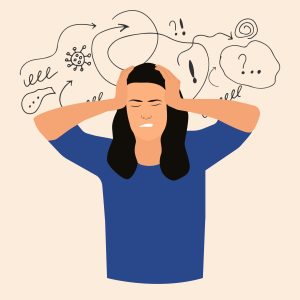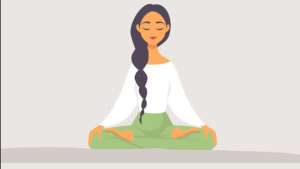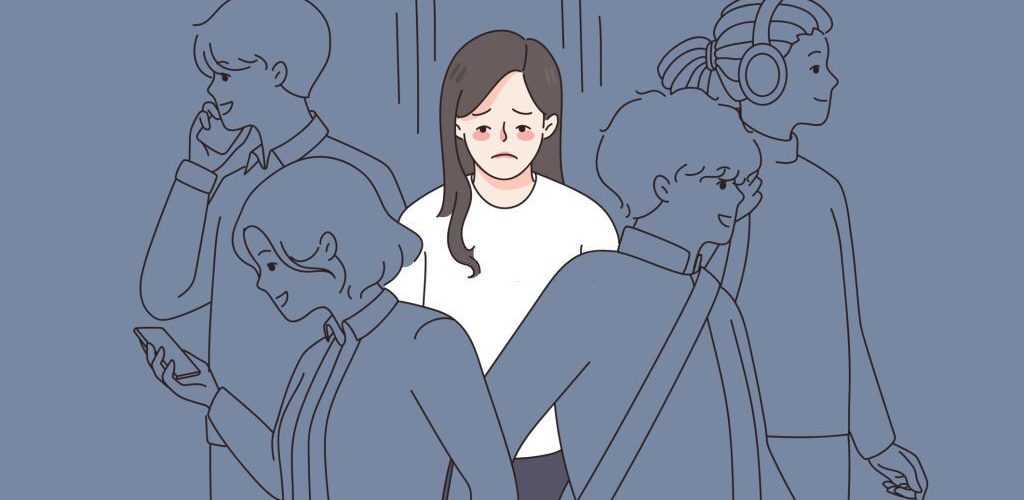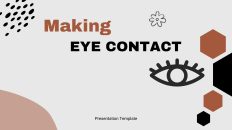Stepping into the Spotlight: Navigating the Path to Social Anxiety Triumph
Social anxiety is a common yet often misunderstood condition that affects millions of people worldwide. It’s more than just feeling shy or nervous in social situations; it can be a paralyzing fear that prevents individuals from fully engaging in various aspects of their lives. However, the good news is that social anxiety can be overcome with patience, effort, and the right strategies. In this blog, we’ll explore effective techniques to help you conquer social anxiety and unlock your true potential.
Understanding Social Anxiety
Social anxiety, also known as social phobia, is characterized by an intense fear of being judged, embarrassed, or humiliated in social interactions. This fear can lead to avoidance behaviors, limiting opportunities for personal and professional growth. Recognizing the symptoms is the first step toward overcoming this challenge:
- Physical Symptoms: These may include rapid heartbeat, sweating, trembling, blushing, and even nausea. These reactions can further heighten anxiety, creating a cycle of fear.
- Cognitive Symptoms: Negative self-talk and catastrophic thinking are common in social anxiety. You might believe that others are constantly scrutinizing you or that you’ll inevitably embarrass yourself.
- Behavioral Symptoms: Avoiding social situations or enduring them with extreme discomfort are typical behavioral responses. This can hinder your ability to form connections and hinder your overall quality of life.
Challenging Negative Thoughts
A cornerstone of overcoming social anxiety is challenging the negative thoughts that fuel your fears. Ask yourself if your thoughts are based on facts or assumptions. Keep a journal of your anxious thoughts, and for each one, write  down evidence that supports and contradicts it. This exercise can help you gain perspective and realize that your fears are often exaggerated.
down evidence that supports and contradicts it. This exercise can help you gain perspective and realize that your fears are often exaggerated.
Gradual Exposure
Avoidance perpetuates social anxiety. Gradual exposure to anxiety-inducing situations can desensitize your fear response. Start with small steps – maybe initiating a brief conversation with a colleague or making eye contact with strangers. As you gradually expose yourself to these situations, your anxiety will decrease, and your confidence will increase.
Mindfulness and Relaxation Techniques
Practicing mindfulness and relaxation techniques can significantly reduce the intensity of social anxiety. Techniques like deep breathing, meditation, and progressive muscle relaxation can help calm your mind and body, making it easier to navigate social situations with composure.
 Positive Self-Talk
Positive Self-Talk
Replace self-critical thoughts with positive affirmations. Remind yourself of your strengths, achievements, and past successful interactions. Positive self-talk can rewire your brain to view social situations in a more balanced and constructive light.
Seeking Professional Help
If social anxiety is significantly impacting your life, consider seeking professional help. Therapies like cognitive-behavioral therapy (CBT) have shown remarkable success in treating social anxiety. A therapist can provide you with tailored strategies and a safe space to work through your fears.
Visualizing Success
Visualization is a powerful tool. Before entering a social situation that triggers anxiety, spend a few moments imagining yourself handling it with confidence and ease. Visualizing success primes your mind for a positive experience.
 Conclusion
Conclusion
Overcoming social anxiety is a transformative journey that requires dedication and persistence. Remember, progress might be slow, but every step forward is a victory. By challenging negative thoughts, exposing yourself to feared situations, practicing relaxation techniques, and seeking support, you can conquer social anxiety and open the doors to a more fulfilling life. Embrace your uniqueness, and don’t let anxiety hold you back from the connections and opportunities that await you.




